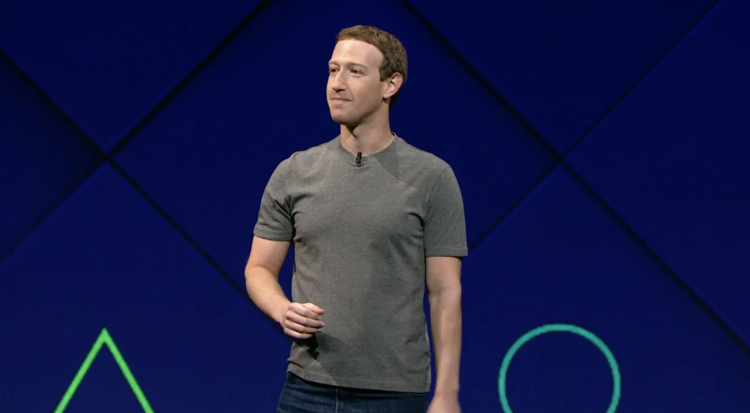Facebook announced new advertising transparency policies today that affect all ads on the network. In addition to letting all Facebook, Instagram, and Messenger users view any ad on a devoted page, regardless of whether they’re in a targeted audience, the new policies also specifically target political ads.
Facebook hopes to curb election interference like the 3,000 Russia-linked political ads seen by 10 million users during the 2016 U.S. presidential election. The new policies will first be tested in Canada and will then come to the United States in 2018 ahead of the mid-term elections.
The most significant change is that political advertisers will require verification before they can run an ad. Anyone purchasing an election ad will first have to identify the organization they represent and where it is located, in addition to including “Paid for by” information in the ad itself. Facebook users who click on the disclosure will be able to see all of the verification documentation, along with an explanation of why they saw that ad, as they already can with existing Facebook ads. New machine learning tools are being developed to identify any political ad purchaser that doesn’t actively seek verification to block them from buying space on the network.
While this is in line with the changes Mark Zuckerberg said Facebook would make in his September address, it marks a huge departure from past Facebook policies. According to Federal Election Commission records, Facebook applied for exemption from the FEC requirement that political “communications placed for a fee on another person’s website” must include disclosures in 2011, claiming that its ads counted as “small item” exceptions to the rule. (Google had received a similar exception for its ads in 2010.) As recently as June, Facebook insisted that this type of disclosure information was “confidential.” “Advertisers consider their ad creatives and their ad targeting strategy to be competitively sensitive and confidential,” Rob Sherman, Facebook’s deputy chief privacy officer, said in an interview in June.
June 5th: The AI Audit in NYC
Join us next week in NYC to engage with top executive leaders, delving into strategies for auditing AI models to ensure fairness, optimal performance, and ethical compliance across diverse organizations. Secure your attendance for this exclusive invite-only event.
That previously confidential information on political ads will now be shared and archived by Facebook. All ads will be logged in a searchable archive that details the total amount spent on the ad, the number of impressions delivered for the ad, and demographics information (e.g. age, location, gender) targeted and reached. Facebook also said that it will cover a four-year period starting when the archive is “full,” but the company doesn’t specify why the archive will reach capacity or what that capacity is.
To purchase any Facebook ads, political or otherwise, sources will need a Page, and a View Ads section will be added to those Pages so users can see what’s been purchased.
“When it comes to advertising on Facebook, people should be able to tell who the advertiser is and see the ads they’re running, especially for political ads,” wrote Rob Goldman, Facebook’s VP of ads, in the company’s statement. “That level of transparency is good for democracy and it’s good for the electoral process. Transparency helps everyone, especially political watchdog groups and reporters, keep advertisers accountable for who they say they are and what they say to different groups.”

